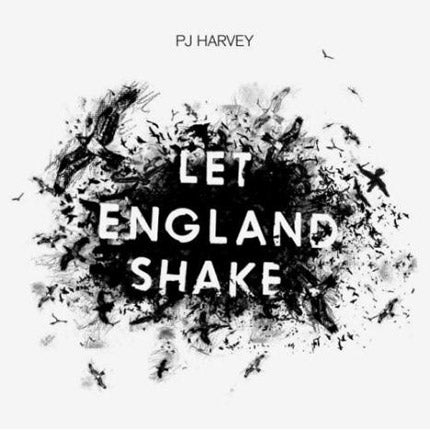Your support helps us to tell the story
From reproductive rights to climate change to Big Tech, The Independent is on the ground when the story is developing. Whether it's investigating the financials of Elon Musk's pro-Trump PAC or producing our latest documentary, 'The A Word', which shines a light on the American women fighting for reproductive rights, we know how important it is to parse out the facts from the messaging.
At such a critical moment in US history, we need reporters on the ground. Your donation allows us to keep sending journalists to speak to both sides of the story.
The Independent is trusted by Americans across the entire political spectrum. And unlike many other quality news outlets, we choose not to lock Americans out of our reporting and analysis with paywalls. We believe quality journalism should be available to everyone, paid for by those who can afford it.
Your support makes all the difference.The word "Gallipoli" is, of course, one that still has the power to make Antipodeans flinch, even if to most Britons it vaguely summons an acclaimed film from the 1980s, if at all.
The eight-month escapade in 1915 resulted in the deaths of 11,000 men from the lands Down Under, a spectacularly profligate waste of human life even by The Great War's standards.
After dealing with the subject of private grief on 2007's acclaimed White Chalk, PJ Harvey has used the mass murder of Gallipoli to turn her focus from micro to macro – arguably, for the first time in her career – on Let England Shake, her eighth studio album. Recorded in a 19th-century church on a clifftop in Dorset, whose sweeping sea views must have chimed poignantly with the blood-soaked Balkan beaches which inspired the album, it also features long-time collaborator John Parish, drummer Jean-Marc Butty, and former Bad Seed Mick Harvey (no relation) who, as an Australian, would presumably feel the sentiments particularly keenly.
The quartet explore an often-bewitching vein of traditionally English folk-pop ("The Colour of the Earth" features what sound like Morris- dancers' bells), often reminiscent of late-1960s forebears such as Fairport Convention, and it's given a minimal, hands-off production by Flood.
It's an album about what war does to the aggressor, as much as what it does to the vanquished victim: it depicts a homeland "weighted down with silent dead" whose "fruit is orphaned children" at least as often as the actual battlefields beside the Dardanelles and the "unburied ghosts" of "soldiers [who] fell like lumps of meat". There are occasional sonic reminders of the subject matter, such as cinematic sound effects: the eerie muezzin wail on "England" drops you straight into Turkey itself, and a horn plays a military reveille on "The Glorious Land" (it's just as well the context has been flagged up in advance or else, given Harvey's enthusiasm for bloodsports, one might mistake it for a fox-hunting tally-ho).
There are occasional anachronisms: "The Words That Maketh Murder" paraphrases Eddie Cochran by asking "What if I take my problem to the United Nations?" even though that organisation wouldn't be founded until 1945 (and even its precursor, the League of Nations, was still four years away at the time of Gallipoli), and there's a reference to Vera Lynn's Second World War anthem "White Cliffs of Dover" on "Hanging in the Wire".
But this isn't merely a historical period piece, and without labouring the album's resonances with present-day conflicts, that's exactly PJ's point. England never learns.

Join our commenting forum
Join thought-provoking conversations, follow other Independent readers and see their replies
Comments